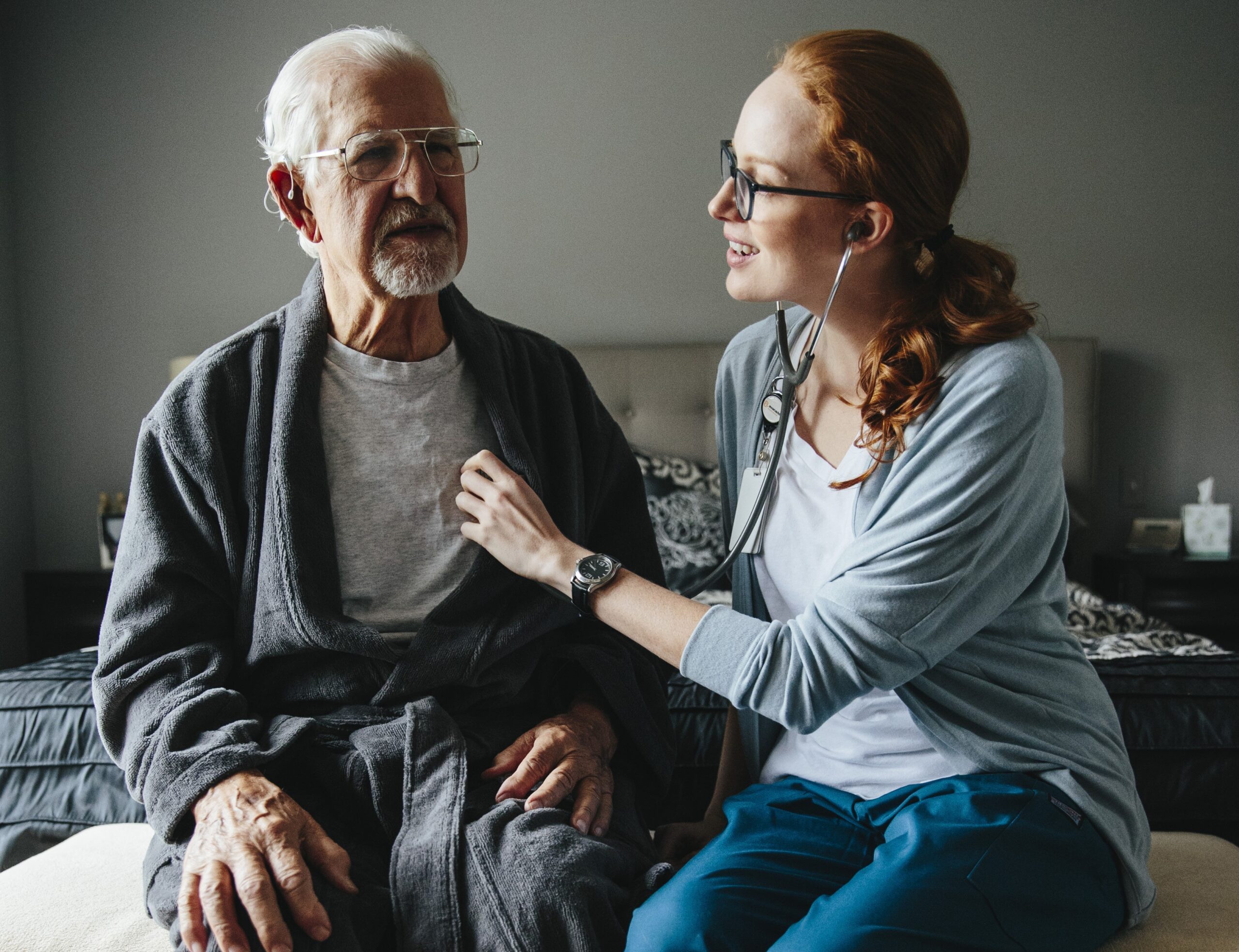FAQ

How do I find a Support Coordinator?
To include Support Coordination in your NDIS plan, consult your Local Area Coordinator or NDIA Planner. Eligibility for Support Coordination is not guaranteed, as it depends on your access request, discussions with the LAC, and consideration of your level of functioning and complexity of issues. If Support Coordination is approved in your plan, the NDIA planner will request your preferred Support Coordinator organizations to review the details and required supports. While these organizations are not obligated to provide Support Coordination, if they accept, a plan handover will be arranged between the planner and support coordinator.
Support Coordinators have certain limitations regarding the services they can offer.
Support coordinators, just like LACs, are individuals with busy schedules and specific roles within the NDIS framework. It’s important to understand the limitations of their responsibilities. Support coordinators do not have the authority to make judgments on the adequacy of a participant’s plan or initiate unscheduled plan reviews. They are not responsible for providing transportation services or engaging in plan administration or management tasks. Additionally, support coordinators are not involved in organizing support rostering, advocating on behalf of participants, or directly delivering disability supports, unless there are exceptional circumstances involved.
These limitations are outlined in the legislation governing the NDIS and the rules that govern the role of support coordination. These regulations are in place to ensure that support coordination functions within the designated scope and complies with the principles and guidelines established for the NDIS. By adhering to these rules, support coordinators can effectively carry out their intended purpose, providing the necessary assistance and guidance to participants within the parameters defined by the NDIS framework.
What should I expect from my Support Coordinator?
After finalizing Support Coordination, your Support Coordinator should:
- Be a registered provider.
- Contact you promptly, ideally within two days of the planner handover, and arrange a meeting within the next five days.
- Possess a comprehensive understanding of the mainstream service system, NDIS legislation and rules, and the NDIS Price Guide.
- Effectively manage any potential conflicts of interest, ensuring that they do not provide all your supports if they are coordinating them, and assisting you in accessing supports from other providers when available.
- Collaborate with you to develop progress reports on your goals, which are required to be submitted to the NDIA.
What is co-ordination of support?
This support aims to develop your skills in comprehending, implementing, and utilizing your plan effectively. A support coordinator will collaborate with you to ensure a balanced combination of supports that enhance your ability to sustain relationships, handle service-related responsibilities, foster greater independence, and actively participate within your community.
What is support connection?
Support Connection helps individuals in finding and engaging with services and providers aligned with their goals. The NDIS defines Support Connection as offering assistance to participants in implementing their plan, including strengthening their ability to connect with broader support systems and comprehend the purpose of funded supports within the community. It aids participants in understanding plan aspects, managing ongoing supports, and addressing any queries that may arise. Support Connection enhances a participant’s capacity to maintain support relationships, resolve service-related concerns, and independently engage with NDIA processes.
What is specialist support coordination?
Specialist Support Coordination provides a higher level of support for individuals facing more complex situations and requiring specialized assistance. A dedicated specialist Support Coordinator will work with you to navigate challenges within your support environment and ensure consistent service delivery.
SOME OF IMPORTANT THINGS TO KNOW
What's the difference between a Support Coordinator and a Local Area Coordinator?
Support Coordination is included in an NDIS plan when it is deemed reasonable and necessary for the individual. It is commonly funded to enhance a participant’s ability to connect with and coordinate a variety of informal, mainstream, and funded supports, especially in more complex situations. Support Coordinators play a vital role in coordinating services from different suppliers, addressing service delivery concerns, and building the capacity and resilience of a participant’s support network. Typically, Support Coordination is allocated to individuals with high needs or increased complexities. However, in cases where there is no Local Area Coordinator (LAC) or Early Childhood Early Intervention (ECIS) available in the local area, some participants may also receive Support Coordination funding, particularly in remote or very remote regions of Australia. LACs, who work for the NDIA, fulfill planning functions and facilitate connections between people with disabilities, the NDIS, and the community.



